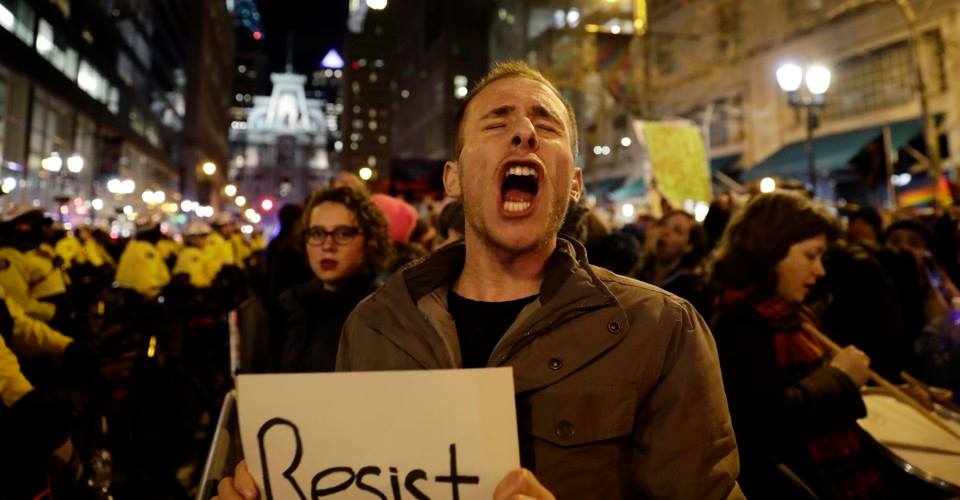The empirical study in which we focus on the affective and emotional potential of music in shaping political collectivities also involves fieldwork at selected communal events, such as official and unofficial commemorations, festivals, protests. In addition to autoethnography, on which researchers of affective and emotional states often base their approach, we are primarily interested in the singing and listening experiences of active participants. Of course, a question immediately came up: How to capture those momentary states or bodily responses to music performance (before, during or after the event)? We wanted to collect data on an individual’s bodily experience, but we didn’t opt for a neuroscientific approach. Namely, we see such an approach as limited, as it often neglects previous experiences or histories of performance and listening involved in “current” bodily reactions (see Martin 2013). However, we don’t deny that a combination of the two would also contribute to our approach.

